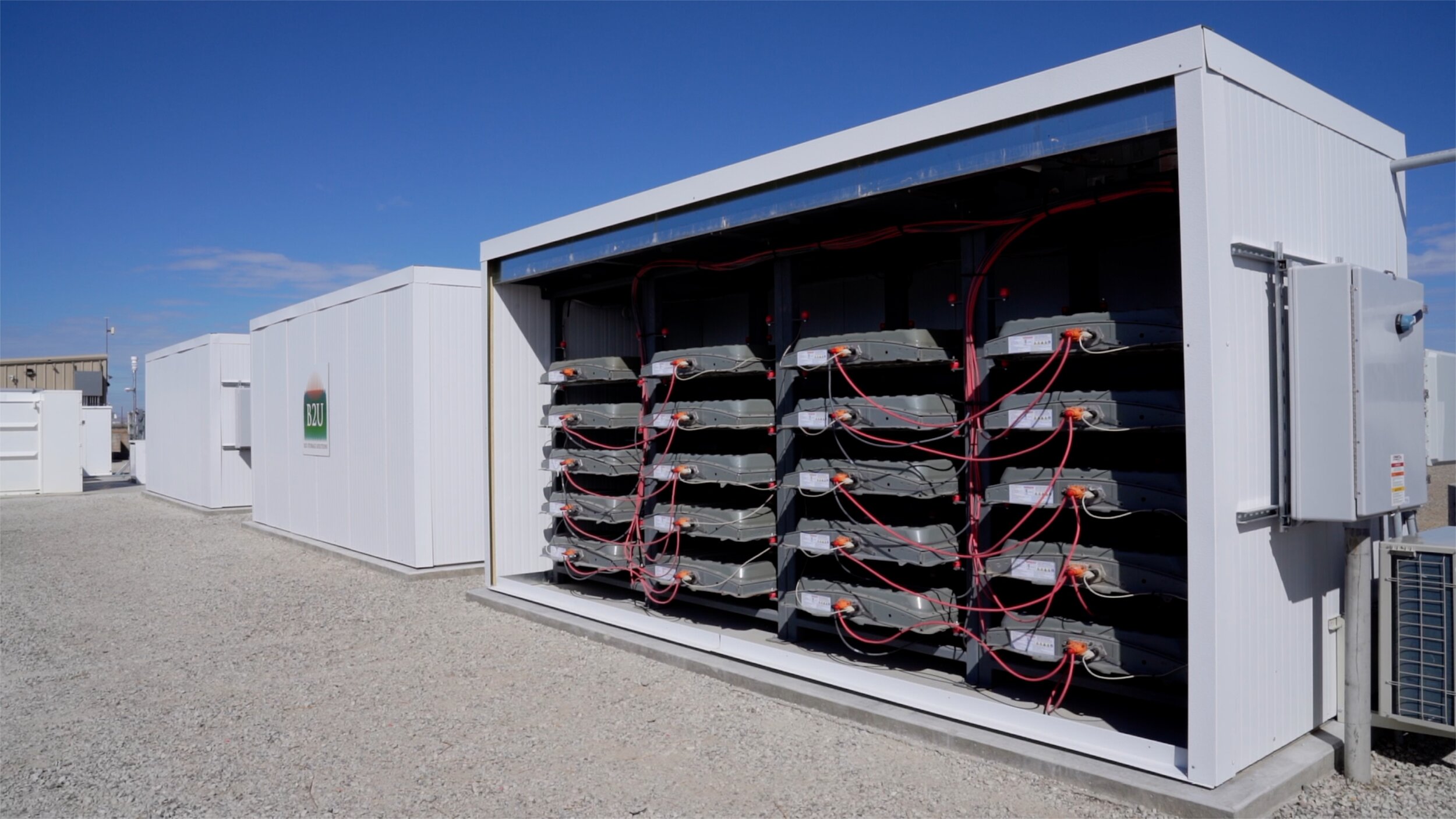- cross-posted to:
- technology@lemmit.online
- cross-posted to:
- technology@lemmit.online
This Southern California solar farm is using retired EV batteries for storing the power and then send to the grid when needed. This way the retired batteries can extend their usefulness for several…::A Southern California company is showing how repurposing EV batteries for stationary storage can extend their usefulness for several years.



Good idea but good luck to the people who will try to take the fire out
Edit: I’m not saying that it’s bad, of course renewable, solar, electric is good. But knowing how horrible electric vehicle fires are to put out, I don’t see a fire of piled up batteries being an easy challenge for firefighters
Any energy storage device has risks. In this case the risk is higher, but so is the overall energy storage capability. If you store them off to the side in their own little building, there’s no real risk beyond loss of investment and environmental impacts.
Not to mention, firefighters now have tools to fight these types of fires.
Also since it’s in one place, you can build in detection and fire suppression measures.
Could be as simple as having the tools nearby (fire hydrant style), or as complex as automating the checks and suppression (cut off power, isolate the problem cells, spray em)
If these batteries are stable (ie only needs maintenance rarely) , is there a reason not to keep them in a closed, CO2 filled enclosure?
Lithium batteries can produce oxygen when at high temperature. I’m not sure if they would produce enough to be able to start burning in such conditions, but I wouldn’t rule it out (maybe someone better versed in chemistry knows). And once they start burning, the fire heats them up more, so they produce more oxygen, whch further fuels the fire.
I wouldn’t be as worried about oxygen, but more worried about properly sealing the container off as a water leak could cause the lithium in the battery’s to produce hydrogen.
But the odds off either happening are very slim.
Edit: the water has to come in contact with the lithium.
That would be cool, maybe cost to keep the CO2 levels maintained and leak proof? I’d be curious to learn more about CO2 filled enclosures. I think some rare books are kept in them?
Another alternative could be to flood the room with CO2 when an issue is detected. But I guess that’s just fire suppression again
Batteries and by extension EVs have a much lower risk of catching fire than ICE cars. Stop repeating fossil fuel industry gaslighting.
Lower risk yes, but also harder to put out yes, and also the comparison here isn’t about cars at all.
It still shouldn’t be an issue as long as you place the storage somewhere where the fire can be contained easily, then worst case the whole storage burns down but there wouldn’t be significant collateral damage.
Bring on electric grid storage but don’t delude yourself it’s all sunshine and rainbows. The dangers of lithium nickel cobalt fires and toxic chemical release is very serious with a weird cult like level of ignorance. The actual grid battery fires and subsequent poisioning that’s occurred recently without consideration for the downwind population and groundwater are raising some big red flags.
Current state procedure for putting out lithium nickel cobalt fires. Hazmat gear and let it burn out.
Yeah, a huge tank of oil or natural gas or pile of coal is a total cake walk to extinguish! /s
For real.